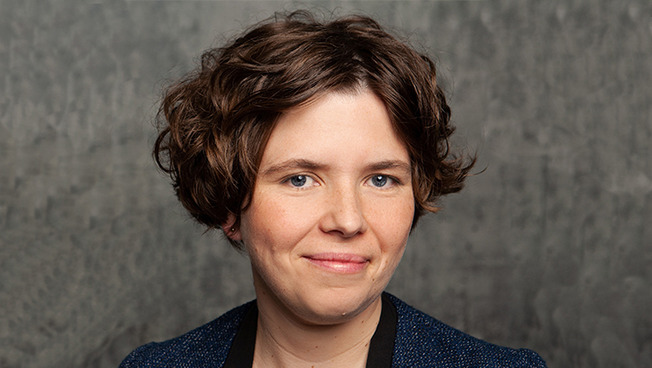16 December 2024
University of Hamburg leads international research project WELRISCCHow Do Welfare States Respond to the Climate Crisis?

Photo: Photo studio Monbijou
Researchers from Germany, France, Slovenia, Sweden, and the United Kingdom are involved in the project. WELRISCC is headed by Prof. Dr. Katharina Zimmermann from the Department of Socioeconomics at the University of Hamburg.
The researchers not only examine direct threats of the climate crisis such as droughts, heat, or flooding which can pose variety of risks to human well-being, such as property losses or health hazards like heatstroke. They also focus on so-called indirect risks that can reinforce existing social inequalities.
“This includes risks resulting from political measures to mitigate and adapt to climate change, for example, the impact of emissions taxes on low-income populations,” says Prof. Dr. Katharina Zimmermann. Populations with fewer resources for adapting to concrete political measures in combating climate change are therefore more affected by its negative effects.
Highly relevant insights into the role of welfare states
Using qualitative and quantitative social science methods the researchers analyze how individual welfare states respond to these developments. Hypothesis: Responses are also shaped by institutional frameworks as well as local political and social interests. This means different countries may develop different strategies to promote human well-being through sociopolitical measures and to ensure ecological sustainability.
The innovative approach brings together previously separate discussions and concepts and creates new datasets. The aim is to identify concrete differences and develop new theoretical approaches for future research into the interactions between climate change and social programs of welfare states.
WELRISCC receives funding for 2 years from the NORFACE/CHANSE international funding programs. Alongside international institutions directly involved, WELRISCC also cooperates with scientific partners from Serbia, Norway, Slovakia, Italy, Belgium, the Netherlands, and Denmark as well as with the European Trade Union Institute in Brussels, Belgium, and the nongovernment organization CEE Bankwatch in Prague, Czech Republic.
